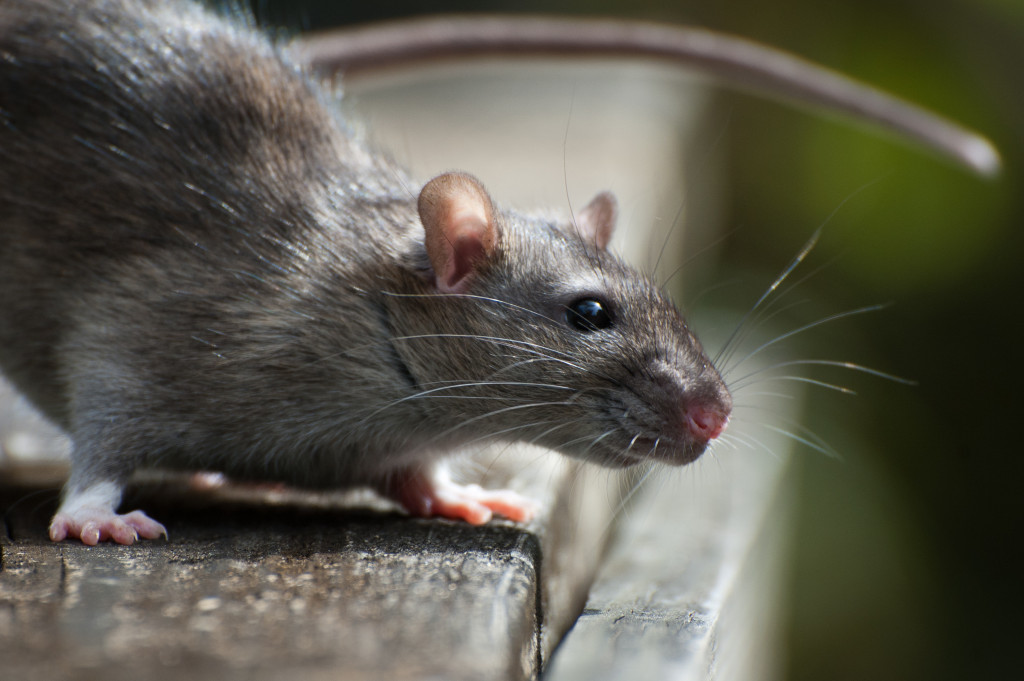The whole shifted with the pandemic, disrupting the balance in our ecosystem—empty streets, empty stores, and empty restaurants. With fewer tourists in the city, there are fewer leftovers and food discharges among trash cans and sewers. With less food to eat, rodents are inching their way out of their hiding places, scavenging for food. As rabid as they are, they would not allow themselves to be deprived of food.
People are now experiencing a lot more rodent infestation in their homes due to their desperate search for something to eat. Along with pesky critters, rodents are one thing that should not be living in your house rent-free. They are becoming more and more restless. They are now forced to sacrifice their city lives by searching through townhouses or into the suburbs. Rats are inevitably everywhere, even if we do not usually see them. With emptier sewers and trash to gnaw in the city, you are most likely to find these rodents at your home.
Diseases brought by rodents
Rodents are not just an annoying infestation that you should be wary about, especially in this coming summertime. Aside from the horrible sight of breeding, they also carry diseases that could be dangerous for you and your family, such as:
- Leptospirosis. This one is the most popular as this occurs on the worldwide scale of the population. This disease is transmitted through the bacteria left behind by these rodents. It usually comes from the contamination of household items or even the water supply. When you unknowingly eat or drink something that has been infected with their urine, the disease will be directly transmitted to you.
- Rat-bite fever. This one, on the other hand, can be transmitted through these rodents’ feces. It can also be acquired if a rodent bit or left a mark on your skin. Two bacteria forms cause this. One is Streptobacillus moniliformis from North America and Europe. Another is Spirillum minue from Asia and Africa. If not treated immediately and properly, these diseases can become quite deadly.
- Hantavirus. With the coronavirus still at large, another variation of a virus is the last thing you will need to be exposed to in your home. This is popular in North and South America. This has been closely compared with the coronavirus and the likeliness of it becoming a pandemic. The one major difference is that hantavirus is not easily spread from one person to another, unlike the coronavirus. This is spread through the inhalation of dust particles that contain urine or feces of rodents. It can also be spread through direct contact with it. There is also no vaccine for hantavirus as of today.
- Salmonellosis. Rat feces contain the bacteria Salmonella. When this is ingested through contaminated food or drinks, you will most likely develop this infectious disease. This disease usually lasts about two to seven days, and symptoms appear around 12 to 36 hours after the initial exposure. Symptoms include fever, abdominal cramps, diarrhea, and vomiting, among others.

These diseases will cause you plenty of problems once the infestation becomes out of control. You may try inquiring about exterminator services to ensure that your home will be pest and rodent-free once and for all. However, you must also do your part as a resident to prevent and control these infestations.
Seal up the gaps
Mice and rats are quite experts at finding entries when they smell food nearby. Do check around both the interior and exterior of your home for possible entryways. You can try checking under and beside your appliances in the kitchen to ensure that your food storages are safe from their reach. Check your closets, doors, attic, and basement. Do not also forget to check your chimneys, vents, and drains, as these are some of the most popular gateways of rodents through your home. You can try filling up the holes with steel wool or screens. Sealing all of the gaps in your home will make rodents have a hard time getting inside and create a major infestation.
Set up some traps
If you’d like a little game to play with these rodents, why not set up some traps? You can lessen their population inside your home by setting traps in their probable hangout spaces. Mice are much easier to catch than rats, as rats are more cautious. However, be sure to avoid the use of live traps or glue traps. Doing so may cause a scare to these rodents and make them urinate. This will increase the likeliness of you and your family to acquire a disease. Their urine and feces contain bacteria that cause some of the aforementioned diseases.
Don’t let your house be a feast
Rodents love dwelling in dirty places. They also like it when there is easy access to food, no matter where it may be. Clean up your house regularly and make sure to keep your food safe and stored. You must also ensure that your kitchen must be free of any leftover food overnight. Clean up your sinks, grills, ovens, and other cooking equipment. Ensure that your containers are also rodent-proof, and never leave your trash bags too long inside your home.
Family safety is always a top priority. Now that the summertime is just around the corner and with the pandemic not disappearing any sooner, it is always better to be safe than sorry. Be sure to keep this in mind when you see even just a hint of mice within your home.